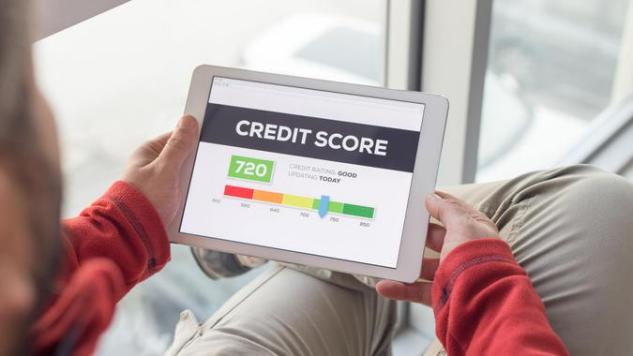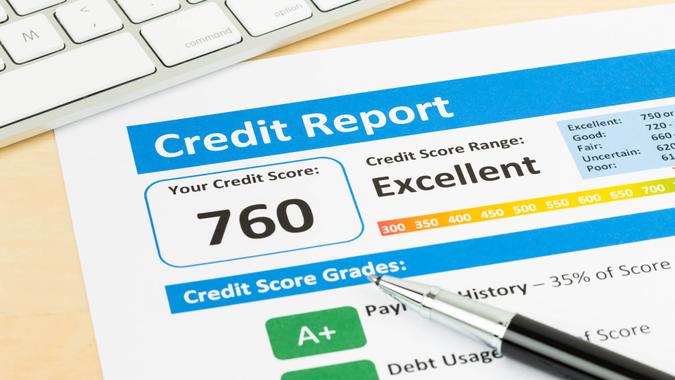Ways to Increase Your Credit Score
Oct 11, 2022 By Triston Martin
You may be curious about how to raise your credit score if you currently have a score of 669 or below on the FICO scale and consider yourself to have either fair or terrible credit. Poor credit does not have to follow a person throughout their life; however, the bleak the current condition may seem. You can do things right now to get a head start on improving your credit score.
Get a Copy of Your Credit Reports
Before you can figure out how to improve your credit score, you need to know where you now stand regarding your credit rating. The information in your credit report determines your credit score; thus, the first place you should go to enhance your credit score is your credit report.
Dispute Credit Report Errors
In accordance with the Fair Credit Reporting Act, you have the right to get an accurate copy of your credit report. You have the legal right to dispute any mistakes that may appear on your credit report by sending a letter to the appropriate credit agency. That bureau is required to examine the claim within thirty days.
Avoid New Credit Card Purchases
Your credit utilisation rate, the ratio of your credit card balances to their separate credit limits and accounts for 30% of your credit score, will increase if you purchase a new credit card. To determine it, divide the total amount you owe by the total amount you are allowed to borrow. The greater your balances, the higher your credit use, and the more likely your credit score will suffer.
Pay off Past-Due Balances
Your history of making payments on time accounts for 35% of your credit score, making it the single most significant factor in determining your credit score. Your credit score will take a significant hit if you fall farther and further behind on your payments.
Avoid New Credit Card Applications
While working on repairing your credit, you should refrain from applying for any new lines of credit. When you apply for new credit, the lender will likely conduct a "hard inquiry," which is a review of your credit that is recorded on your credit report and has the potential to affect your credit score. Hard inquiries are common when applying for new credit.

Leave Accounts Open
It is quite unlikely that cancelling a credit card would positively affect your credit score. Close an account won't harm your credit score before you do anything else, at the very least. You may be tempted to terminate credit card accounts that have gone overdue (past due), but the outstanding amount owing will remain to show up on your credit report until it is paid in full. If you pay it off, you won't have to worry about it.
Contact Your Creditors
They may be the last people you want to speak to, but you may be amazed at how much assistance you can get if you phone the company that issued your credit card. You should discuss the problem with your creditors if you're suffering financial difficulties. Many of them provide temporary assistance programmes that, if you qualify, will lower your interest rate or monthly payments until you can get back on your feet.
Pay off Debt
The total debt as a percentage of your entire credit constitutes 30% of your credit score, meaning you will need to start paying down that debt if you want your credit score to improve. If you have a positive cash flow, which means that you make more money than you owe, you might think about using one of these two classic strategies to pay off your debt: the debt avalanche approach or the debt snowball method.
Get Professional Help
Consumer credit counselling services are ready to help you if you are feeling overwhelmed by your current financial circumstances, whether it be your credit status or your monthly costs, if you are living paycheck to paycheck, or if you are considering declaring bankruptcy. A certified credit counsellor can assist you in developing a budget, formulating a strategy for managing your debt, and getting your financial situation under control.

Be Patient and Persistent
Patience is not a component considered when determining your credit score; it is an essential quality to possess if you want to repair your credit successfully. Because the harm to your credit wasn't done in a single day, you shouldn't expect it to be repaired in the same period. If you continue to watch your credit, rein in your spending, and make on-time payments toward your bills each month, your credit score will gradually improve.





